On Celebrating Mistakes and Making Music
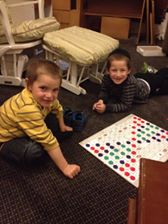

When my 6 1/2 -year old grandson came over after school a few weeks ago, he pulled a worksheet out of his backpack and sat down at the dining room table to do his homework.
The sheet had a series of incomplete phrases, pictures and blank lines where he was supposed to fill in the blanks with the word that matched the picture. The first word was “bike,” which he found on a list of choices and copied correctly onto the blank. Further along the page came a picture of a lake. He saw that and started to write the word, but he somehow skipped the “a” and wrote “lk” which I pointed out to him, by asking him to look at it again.
“Oops,” he said, and turned over his pencil to erase it. And just as he was beginning to erase the letter, he said, “Wait a minute,” and turned the pencil back again upright. Then he drew a circle around the K and wrote the remainder of the word “ake” alongside the letter l followed by the circled K. The lake now had a huge circle in the word, which somehow annoyed me slightly but I said nothing, so as not to distract him.
But when he did it again on another word further down on the page, I asked what was going on with the circling of mistakes.
He shrugged and said, “My teacher says we shouldn’t erase, but we should draw circles.”
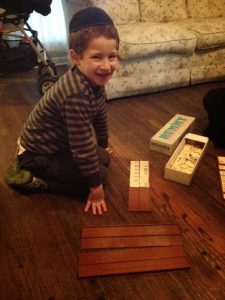
Playing after homework!
Okay. Who am I to argue with what the teacher says?
A few days later I’m faced with a situation that reminds me of my grandson circling his mistakes.
I’m about to play the keyboard for a group of students who are visiting a facility for the elderly. As part of a program in memory of a creative member of our community, Avigail Rechnitz, I’ve coached the students in a local girls’ junior high school to sing several Hebrew and Yiddish songs. This is the big day. The girls are prepared, excited, ready to go.
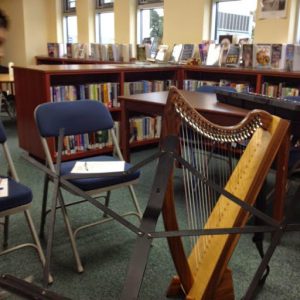
All ready to go…
I turn on my keyboard so I can play the intro, to cue the girls to begin their first song.
I peer into the digital window and see no electricity. Nothing. I bang on the keyboard in vain. I search my bag for extra batteries. None.
I motion to the girls to begin singing a cappella, which they do. They sing the three songs we’ve prepared and then an encore or two.
Everyone thanks the girls for the performance. The residents are thrilled and the social worker in the home is grateful for our coming.
But I’m annoyed with myself. Why did I forget the batteries? How could I be so disorganized?
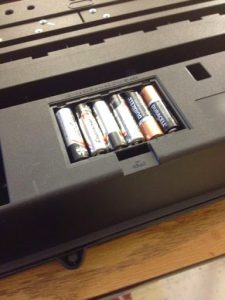
Batteries out of juice….
A week later the girls are going to another rest home to perform. This time I remember the batteries. And the strings for my harp, in case one of them rips. And the stand for my music and some extra sheet music, just in case.
The performance goes over well. I’ve circled my mistake from the time before so that I know not to do it again.
Imagine if I could do that with all my missteps. Just circle what went wrong and then correct it the next time. All that energy wasted on “what if,” and “oh no,” can be transferred to new energy with brand new batteries. Or harp strings.
I’m reminded of the story about Itzhak Perlman at a concert, where one of his violin strings popped in middle of a piece he was playing. (Incidentally, this also happened about 25 years ago when my husband and I were at the Hollywood Bowl watching Perlman’s concert and when a string broke, someone just brought him another violin. The audience applauded, Perlman made a joke and the concert went on – but that’s reality. I digress.)
So according to the supposed story about Perlman at the supposed concert, he began to play the music using the three remaining strings while the audience gasped in awe. He changed keys, modulated so that he was able to avoid the missing string and produced the same piece that he had rehearsed on all four strings.
Whether that story is true or not (it’s been bandied about online for many years), I love it because of the alleged remark that Perlman made after playing the modulated song:
“Sometimes we just have to make music with what we’ve been given…”
How have you coped with mistakes in the past? How have to gotten past sweating over mistakes, and instead celebrating them, circling them and learning from them?

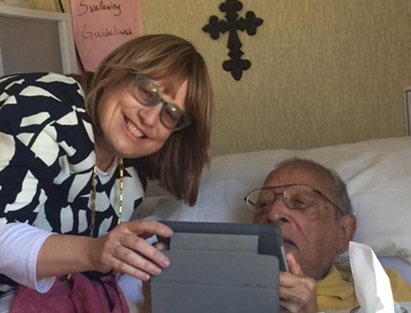
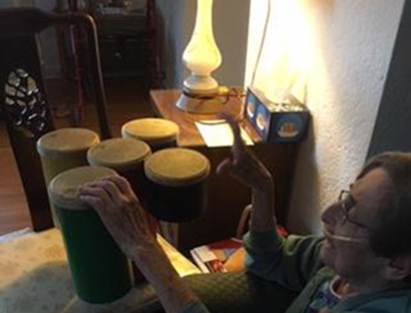
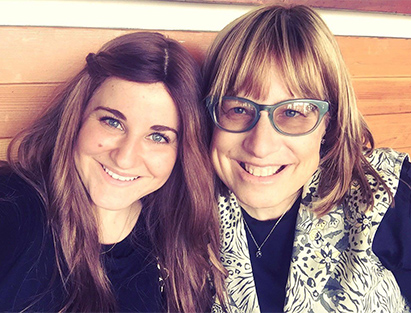
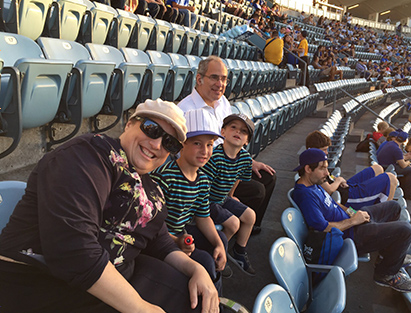
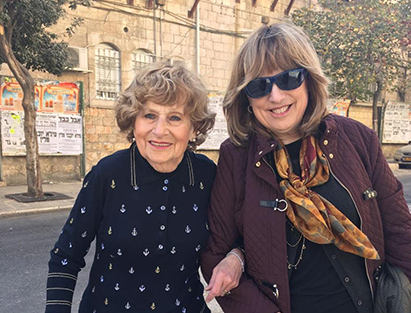

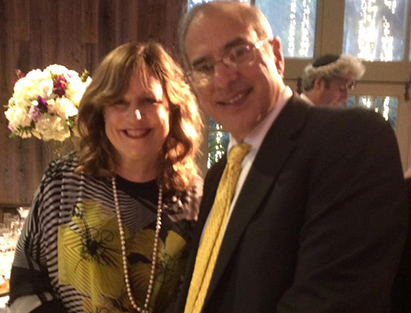
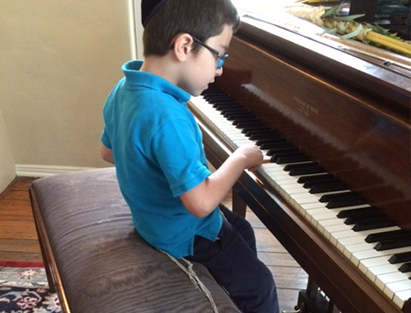
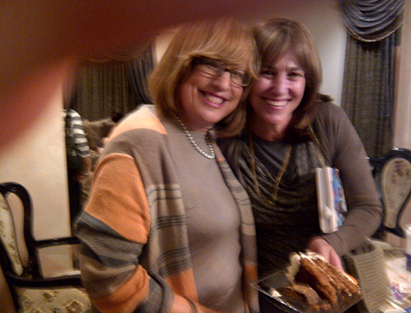
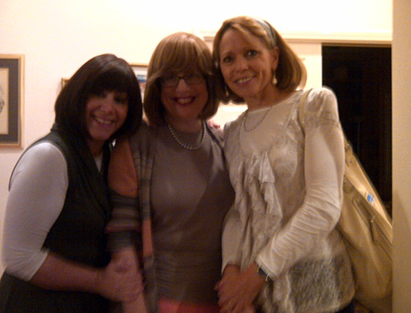
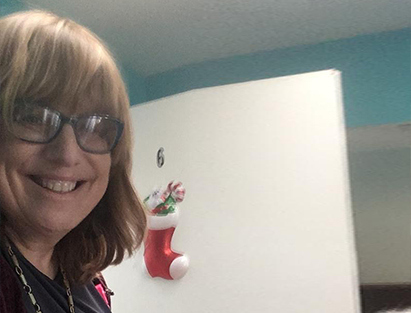
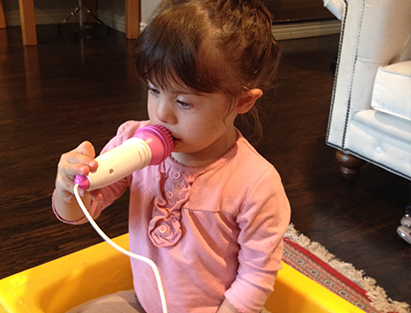
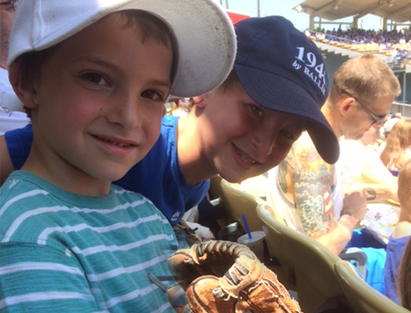
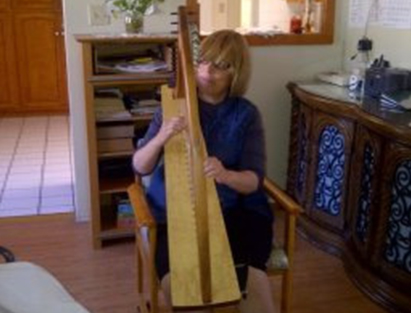

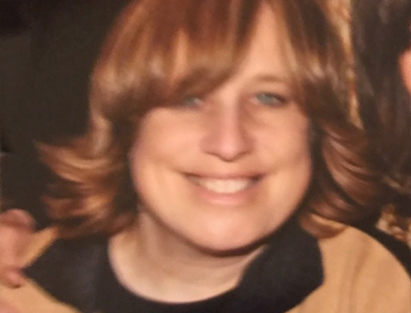
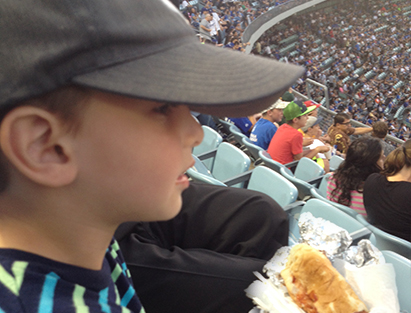
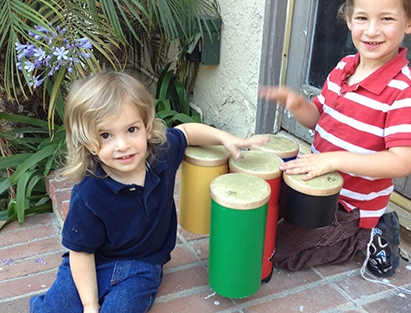
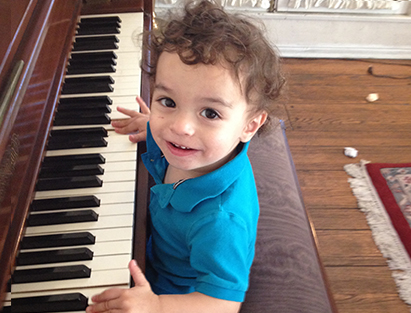
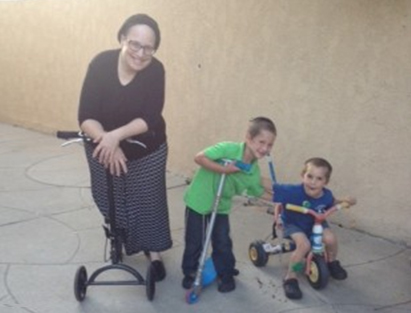
Very clever approach, I think– circling versus erasing. Remembering to go back and correct rather than to just forget. Great post. I know not to interfere with my kids’ teachers’ methods– everything is taught totally different.
In our days we erased mistakes. Smudges all over and the teacher had no clue what our mistake was. You know, Lisa, the more I think of it, the more I like this new (to me!) approach.
And bravo to the teacher who is showing your grandson and his classmates how to acknowledge mistakes and learn from them. As you note in your post, we would all save a lot of negative energy if we stopped beating ourselves up over an error and just self-acknowledged, corrected and moved on
Thank you, Penny! It is a good reminder to move forward and learn from missteps. Thanks for commenting. I am honored because I enjoy your blog with its own grandmotherly wisdom.
Great post and what a good teacher! And great quote (whether he said it or not!) by Perlman! Someone said it!
Haha yes, Nina! That is a great quote (possibly!) from a great musician!
I’m glad you liked the post. 🙂